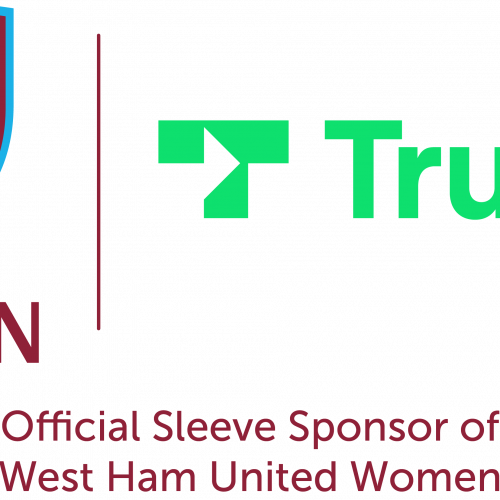West Ham could be a clue to how other clubs approach esports
West Ham United became the first Premier League football team to sign up an official esports gamer when Sean ‘Dragonn’ Allen signed for the club in May 2016. Almost a year and a half later, that deal having expired, the EA Sports FIFA gamer has signed up with influencer and social media agency Kairos Media just after the launch of the new edition of the game, FIFA 18, leaving the football club.
The arrival of the new game, of course, is the perfect time to finalise these sorts of deals as gamers get used to the new formats and innovations in the game. But this is also an important move for the future of esports itself in some ways.
Over the last year or so, there has very much been a trend amongst football clubs to buy into esports. Plenty of Premier League clubs and even those in the lower leagues have done it, whilst French and German clubs have even been launching their own esports leagues amongst themselves. The growth of esports is clearly a boat they don’t want to miss, and the reason is that there seemed to be a natural link between esports and traditional sports like football.
That link would be FIFA. Clubs know that many of their fans play it, and they also know that – rightly or wrongly – there are a lot of people who make their minds up about some players they don’t watch regularly by looking at their FIFA ratings. If your fans are there, you can engage with them there. It seemed like they were perfect bedfellows, in a way: create a Premier League of esports and have that go alongside the league season, playing against other teams’ gamers.
The fact that West Ham no longer have an esports player on their books now seems as though we might be moving away from that era. Although it’s obviously possible that the East London club replace their departed gamer, the move away from esports does seem to have a certain logic to it.
Even though esports is clearly growing massively all over the world, it’s clear that FIFA is just a drop in the ocean when it comes to the rise in popularity. The most-followed titles, like League of Legends, are much bigger than FIFA in the sector, and whilst it makes sense for clubs to link themselves to a football game, that probably doesn’t extend to other games, certainly not so obviously, anyway. In reality, the fact there’s no real-world equivalent to games like LoL means people are more likely to follow the esport, it’s less clear why FIFA would draw a similarly big crowd.
Perhaps this shows that football clubs are finding out that the buzz around esports hasn’t extended as far as they thought, and maybe it’s also a sign that some clubs may not believe that they have a clear strategy for esports. It’s all well and good jumping on the bandwagon and hoping that the growth will make what needs to be done clearer later on, but when the path doesn’t reveal itself, then what do you do?
It wouldn’t be surprising if clubs were finding it hard to figure out with their purpose is when it comes to esports. And whilst it’s definitely too early to predict that this is the start of a trend of clubs looking to drop their interest in esports, it will be interesting to watch what happens over the next few months.
About author
You might also like
Leeds United become first football club to sell official jerseys on TikTok
Leeds United is the first football club in the world to partner with TikTok to sell official merchandise and replica jerseys. Coinciding with the release of the new rhapsody purple,
Lewes FC Appoints Sue Anstiss To Its Board Of Directors
The Lewes FC Board is delighted to announce that it has co-opted Sue Anstiss as a Lewes FC Director. Sue has been a driving force for equality in sport for
Trustly extends partnership to become West Ham United Women’s Sleeve Partner
West Ham United is pleased to announce that Trustly has enhanced its relationship with the Club by becoming the Women’s Sleeve Partner. Trustly, the leading global account-to-account payments platform, became








